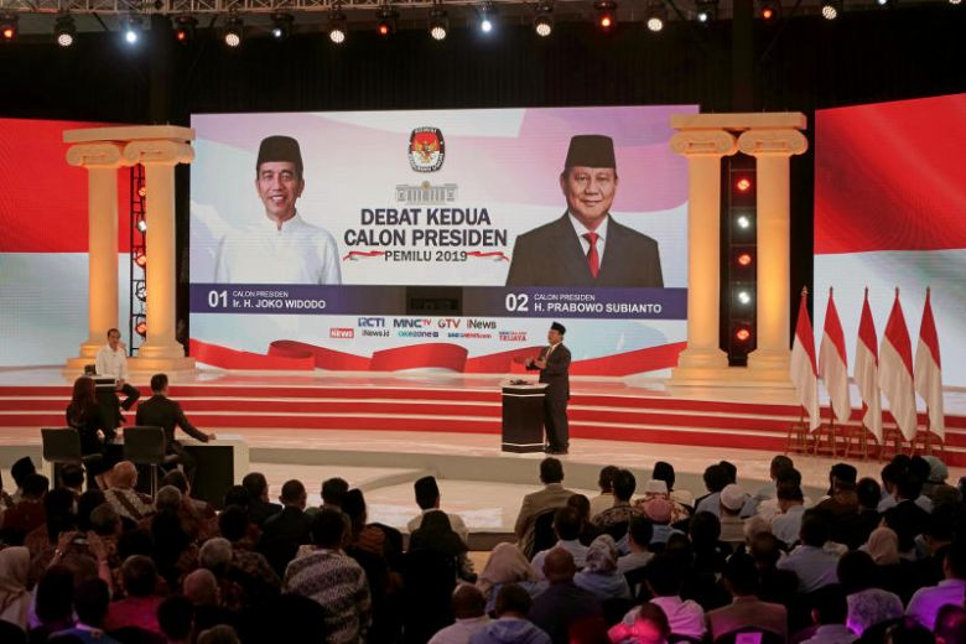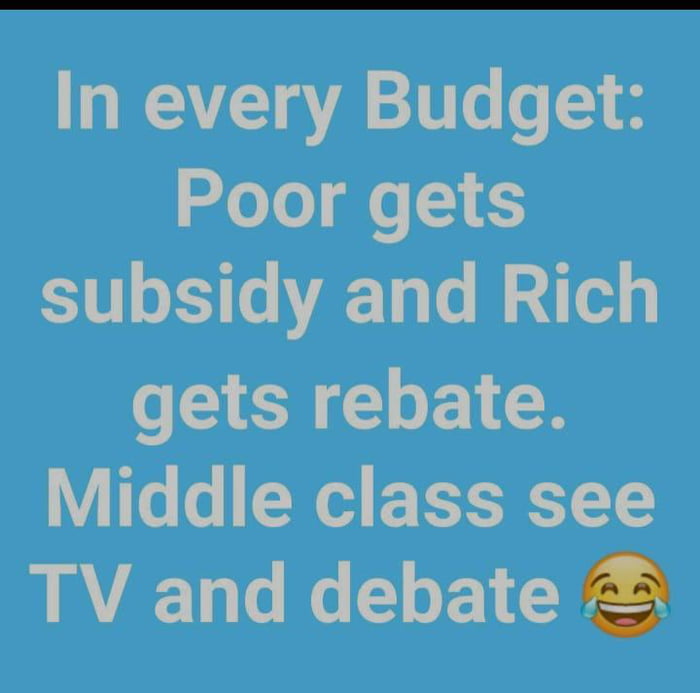Historical Context and Significance

Presidential debates have become a cornerstone of American democracy, offering voters a platform to directly observe and compare the candidates vying for the highest office. Their evolution reflects the changing dynamics of American politics and the growing importance of televised media in shaping public discourse.
The Evolution of Presidential Debates
Presidential debates have a relatively recent history, with the first televised debate taking place in 1960 between John F. Kennedy and Richard Nixon. This landmark event showcased the power of television in influencing voter perceptions and highlighted the importance of candidates’ appearance and communication skills. Prior to the 1960 debate, debates were primarily radio-based and less impactful in terms of audience reach.
Prior to the 1960 debate, debates were primarily radio-based and less impactful in terms of audience reach. The League of Women Voters, a nonpartisan organization, played a pivotal role in organizing and facilitating the first televised debates. They aimed to provide voters with a direct comparison of the candidates’ positions on key issues.
The Impact of Debates on Public Opinion and Voter Choices
Presidential debates can significantly impact public opinion and voter choices by providing a platform for candidates to articulate their policies and positions on key issues. The debates offer voters an opportunity to assess candidates’ leadership qualities, their ability to handle pressure, and their understanding of critical issues facing the nation. Studies have shown that debates can influence voter perceptions of candidates, particularly among undecided voters.
“The debates can be a major turning point in a campaign, especially if a candidate makes a major gaffe or a particularly strong impression.” – Professor of Political Science, University of California, Berkeley
Changes in Debate Format and Content, Presidential debate time
The format and content of presidential debates have evolved over time, reflecting changes in media technology, political discourse, and public expectations.
- Increased Emphasis on Visual Media: The rise of television and the internet has led to a greater focus on visual elements, such as candidate appearances, gestures, and body language. Candidates are now acutely aware of how they appear on camera and strive to project an image of confidence and competence.
- Shifting Focus from Policy to Personality: While policy discussions remain important, debates have increasingly emphasized candidate personality, communication skills, and their ability to connect with voters on an emotional level. This shift reflects the growing importance of image and branding in modern politics.
- Increased Use of Social Media: The advent of social media has created new avenues for candidates to interact with voters and engage in real-time debate analysis. Social media platforms have become an integral part of the political landscape, allowing for instant commentary, analysis, and meme-creation related to the debates.
Impact of Debate Performance on Election Outcomes: Presidential Debate Time

Presidential debates are widely considered a crucial element of the American electoral process, often serving as a pivotal moment for voters to assess the candidates and their qualifications for the presidency. The impact of debate performance on election outcomes has been a subject of considerable debate and research, with scholars and analysts seeking to understand the extent to which these televised events can influence voter decisions.
Factors Influencing Voter Perception of Debate Performances
The perception of debate performances by voters is influenced by a complex interplay of factors, including:
- Candidate Characteristics: Voters often bring pre-existing biases and expectations to debates, influenced by factors such as the candidates’ political affiliation, past performance, and public image. For example, voters who strongly support a particular party may be more inclined to perceive their preferred candidate as performing well, regardless of objective criteria.
- Debate Format and Structure: The format and structure of the debate can significantly impact how voters perceive the candidates. For instance, debates with a focus on policy discussions may favor candidates with strong policy knowledge, while debates with a more conversational style may favor candidates who are charismatic and able to connect with the audience.
- Media Coverage and Interpretation: Media coverage of debates can play a crucial role in shaping public perception. News outlets often provide their own interpretations of debate performances, highlighting specific moments and emphasizing certain aspects of the candidates’ arguments. This can influence how voters understand and evaluate the candidates’ positions and performance.
- Voter Demographics and Political Knowledge: Voters’ demographics and level of political knowledge can also influence how they perceive debate performances. For instance, voters with higher levels of political knowledge may be more likely to pay attention to specific policy details and arguments, while voters with lower levels of knowledge may be more influenced by broader impressions of the candidates’ personality and demeanor.
Examples of Debates with Significant Impact on Election Outcomes
Several historical examples illustrate the potential impact of debate performances on election outcomes:
- 1960 Kennedy-Nixon Debate: The first televised presidential debate in US history, the 1960 Kennedy-Nixon debate is widely considered a landmark event that demonstrated the power of television in shaping public opinion. While Nixon performed well in the radio broadcast, his appearance on television was perceived as pale and tired compared to the charismatic Kennedy. Many analysts believe that this debate contributed to Kennedy’s narrow victory in the election.
- 1980 Reagan-Carter Debate: The 1980 presidential debates were crucial in shaping the outcome of the election, with Ronald Reagan’s performance widely perceived as superior to that of incumbent Jimmy Carter. Reagan’s confident and articulate delivery of his message, combined with Carter’s perceived lack of energy and focus, resonated with voters and contributed to Reagan’s landslide victory.
- 2004 Bush-Kerry Debate: The 2004 presidential debates were highly consequential, with the outcome of the election hanging in the balance. While the first debate was widely considered a draw, the second debate saw George W. Bush deliver a strong performance, particularly on the issue of national security, which was a key concern for voters at the time. This performance is credited with helping to solidify Bush’s lead in the polls and ultimately contributing to his re-election.
The presidential debate time is upon us, a time for reflection and discerning the path forward. It’s a time when we can learn from the past, and the recent trump press conference today is a prime example of how political discourse can be shaped by past actions.
As we delve into the debate, we must consider the lessons learned from today’s events and how they may influence the future of our nation.
